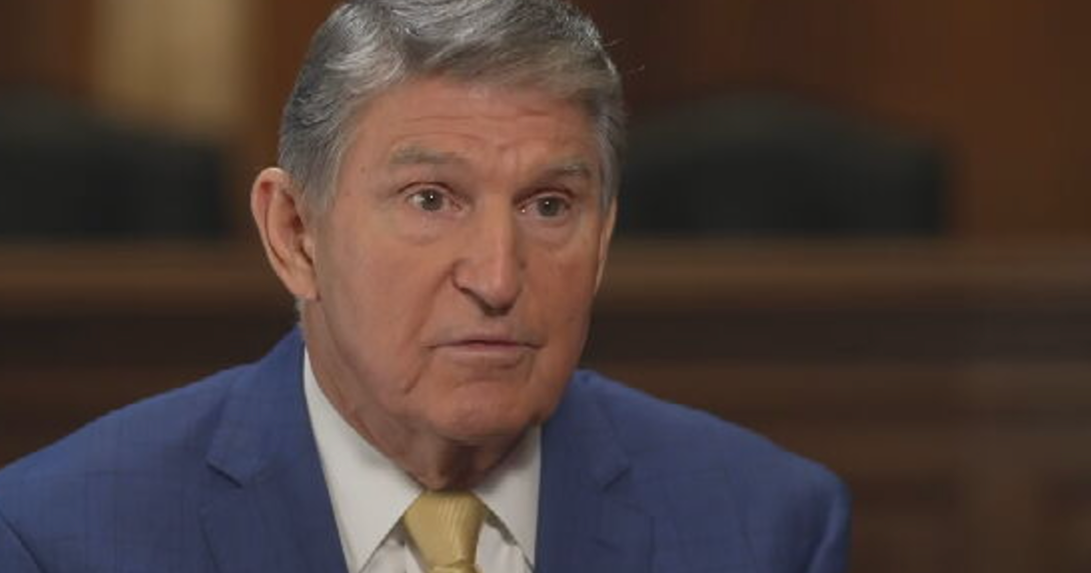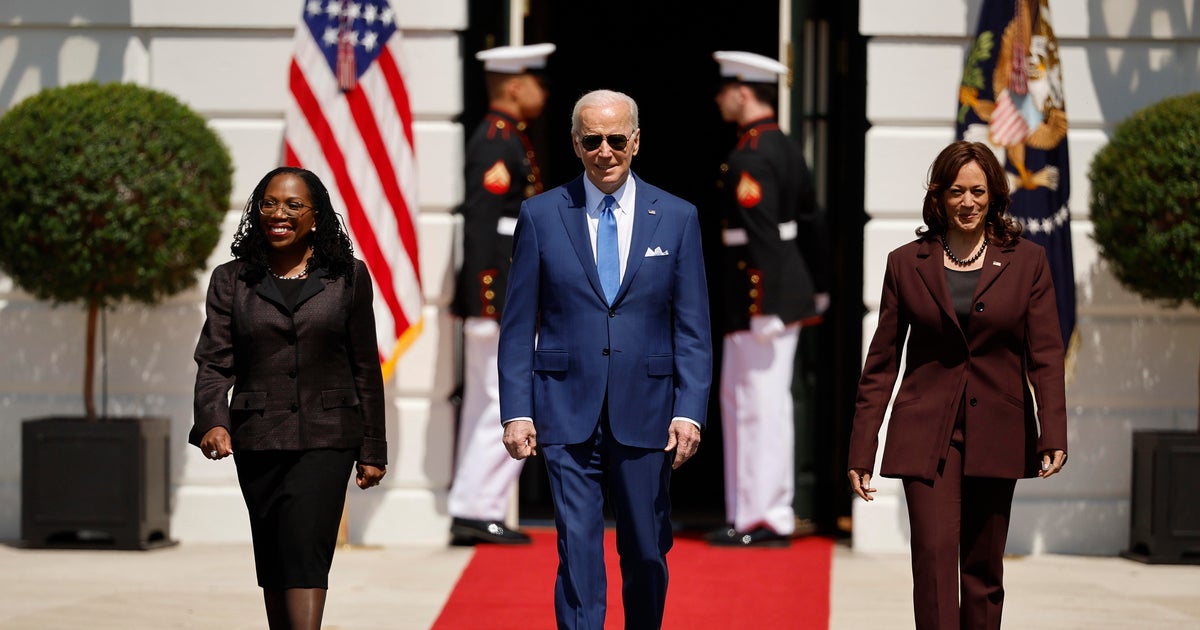White House offers new explanation for firing of Manhattan U.S. attorney
Washington — The White House offered a new explanation Monday for the late-night ouster of Geoffrey Berman from his post as the top federal prosecutor in Manhattan, saying President Trump was working to find a new role in his administration for the head of the Securities and Exchange Commission (SEC), who planned to return to New York.
White House press secretary Kayleigh McEnany on Monday rejected the notion that Berman's exit — in which he at first denied he had resigned, only to be subsequently fired — was mired in confusion, telling reporters Mr. Trump and Attorney General William Barr were "very much in sync" over his removal.
"The president held Mr. Clayton in very high regard, wanted to nominate him to this position at [Southern District of New York] to keep him in the government as he returns to New York," McEnany said of Jay Clayton, the current commissioner of the SEC. "Barr was working on a smooth transition, and when Berman chose to respond in the way that he did, he came to the president, and the president agreed and fired this individual, Mr. Berman, as Mr. Clayton now will in time get to that position."
Barr announced Friday night that Berman, the U.S. attorney for the Southern District of New York, would be "stepping down" and that Mr. Trump would be nominating Clayton to replace him. But Berman refuted his departure, saying in a separate statement Friday night he was not resigning. By Saturday, Barr informed Berman he asked Mr. Trump to remove him from his post, and said that the president had done so. But Mr. Trump told reporters at the White House on Saturday that it was Barr who decided to fire Berman, saying he was "not involved."
Berman then said he would be leaving his role effective immediately. Leading the U.S. attorney's office in an acting capacity is Audrey Strauss, Berman's deputy.
The dramatic 24 hours that followed Barr's announcement Friday raised questions as to the reason behind Berman's removal. Senate Minority Leader Chuck Schumer, a Democrat from New York, called for an investigation into the events, and Senator Mark Warner, a Democrat from Virginia, said Sunday on "Face the Nation" that Berman's firing was "totally inappropriate."
But McEnany told reporters Berman's removal was driven by Clayton's desire to return to New York, as the Trump administration "wanted to keep him in government, and therefore he was given the position" in the U.S. attorney's office in Manhattan, the most high-profile and prestigious jurisdiction for federal prosecutors and one which prides itself on its independence from Washington.
McEnany said Barr was "taking the lead" on Berman's removal but went to Mr. Trump after Berman said he was not resigning.
"At that point is when the president agreed with the decision of the attorney general to fire Mr. Berman and to promote Mr. Clayton," she said. "He was involved in a sign-off capacity. [Attorney General] Barr was leading the way."
Berman's office oversaw investigations into several people with ties to Mr. Trump, including his former personal attorney Michael Cohen and two associates of Rudy Giuliani, the president's current personal attorney. His removal led some Democrats to question whether the move was driven by the desire to protect Mr. Trump and those close to him.
But McEnany said that none of the investigations underway in Berman's office will be affected by his departure.
"The administration has very clearly outlined the reason that he is leaving, and it is because Mr. Clayton will be moved into that role," she said.
United States attorneys must be confirmed by the Senate, and the future of Clayton's nomination is unclear. Senate Judiciary Committee Chairman Lindsey Graham, a Republican from South Carolina, said in a statement Saturday that he was not contacted by the Trump administration about Clayton's nomination and stressed the panel's policy is to receive two "blue slips" — blue pieces of paper on which a home-state senator notes their support for a nominee — before moving to the nomination.
The two-home state senators who would have to sign-off on Clayton's nomination for it to proceed before the Senate Judiciary Committee are Schumer and Democratic Senator Kirsten Gillibrand, both of New York.
Schumer on Sunday called for Clayton to withdraw his name from consideration.




